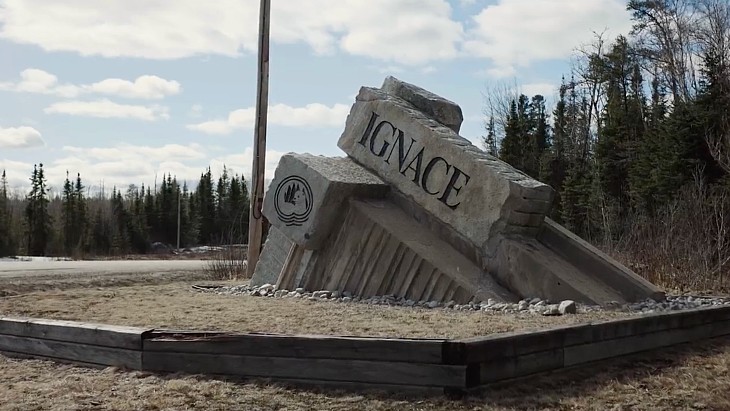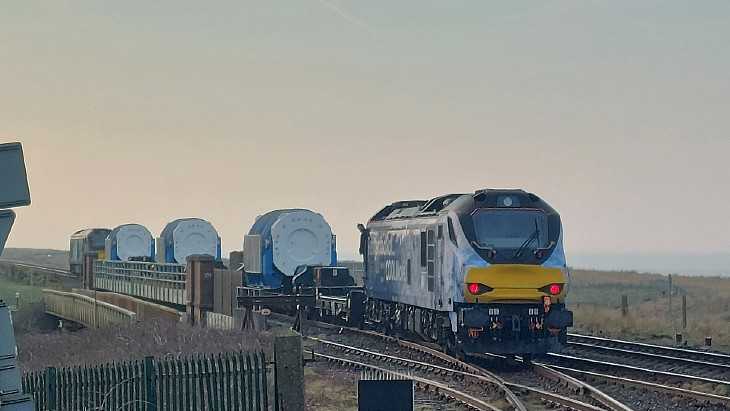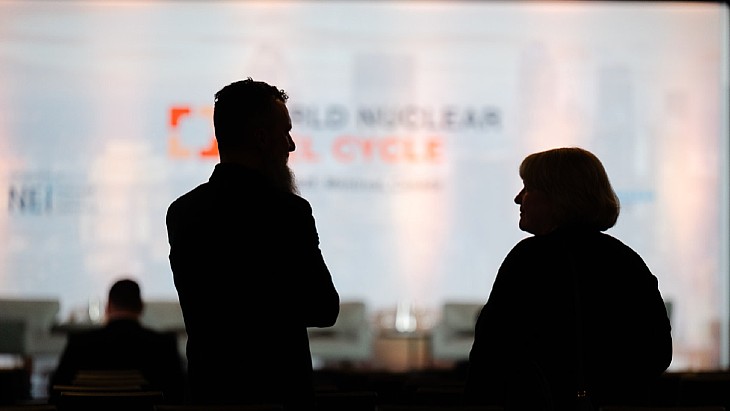Agreement facilitates WIPP permit renewal
.jpg)
WIPP is the USA's only repository for the disposal of transuranic (TRU) waste. Sealed drums of waste - clothing, tools, rags, residues, debris, soil and other items contaminated with small amounts of plutonium and other man-made radioactive elements from the US military programme - are placed in "rooms" carved out of the underground salt bed layer 2150 feet (about 640 metres) below the surface by laser-guided continuous mining machines.
The facility is currently operating on an expired but administratively extended permit.
NMED said the parties, after four days of negotiations, resolved the contentious issues by modifying various conditions for inclusion in the permit renewal.
It said the agreement includes modified conditions that provide greater regulatory oversight, improve safeguards, and authorise disposal of waste in two new underground panels over the next ten-year permit term. The modified conditions also prioritise legacy waste from cleanup activities, including from Los Alamos National Laboratory.
The conditions include requiring a full and transparent inventory of legacy waste around the US for ultimate disposal at the WIPP through a new report that provides for stakeholder input. They also enable the suspension of waste shipments to WIPP "if there is evidence of a threat to human health or the environment". The conditions also require a final facility footprint to accompany any request for new storage panels beyond the two panels authorised in the renewal permit. The DOE is also required to document progress in siting another geologic repository in a state other than New Mexico through a new annual report. Another condition ties WIPP's closure to both the renewal permit term of 10 years and the capacity limits of the federal Land Withdrawal Act unless a timely renewal application is received with an accurate inventory of all remaining wastes awaiting cleanup and disposal at WIPP.
As a result of the agreement, a permit hearing will not occur. As agreed during negotiations, the comment period will also remain open until 22 September, the date of a public meeting. While NMED will respond to all comments received, it will not alter the final permit in light of the settlement agreement. NMED will publish the WIPP permit containing the modified conditions on 15 August and the final renewal permit will be issued in October with an effective date 30 days later.
"Communities in New Mexico and around the US benefit from the clean-up of legacy waste and its disposal at WIPP," said NMED Cabinet Secretary James Kenney. "The new permit conditions affirm New Mexico's authority and position that all roads lead from WIPP - we are no longer the last stop for clean-up but the driving force in that process that begins here."
"Going into the process, my goal was to preserve and strengthen our relationships with stakeholders," said NMED's Acting WIPP Programme Manager Megan McLean, who moderated the negotiations along with the facilitator. "The process worked given a strong mediator, the participation of the Cabinet Secretary, and the willingness of all parties to understand the interests of others rather than sticking to hardline positions."
The WIPP repository is mined out of an ancient salt formation over 2000 feet below ground. The repository is configured to have eight panels - four on each side of the main access passageways, or drifts - although two further panels are also planned.
_17992.jpg)
_75800.jpg)








_50521.jpg)

